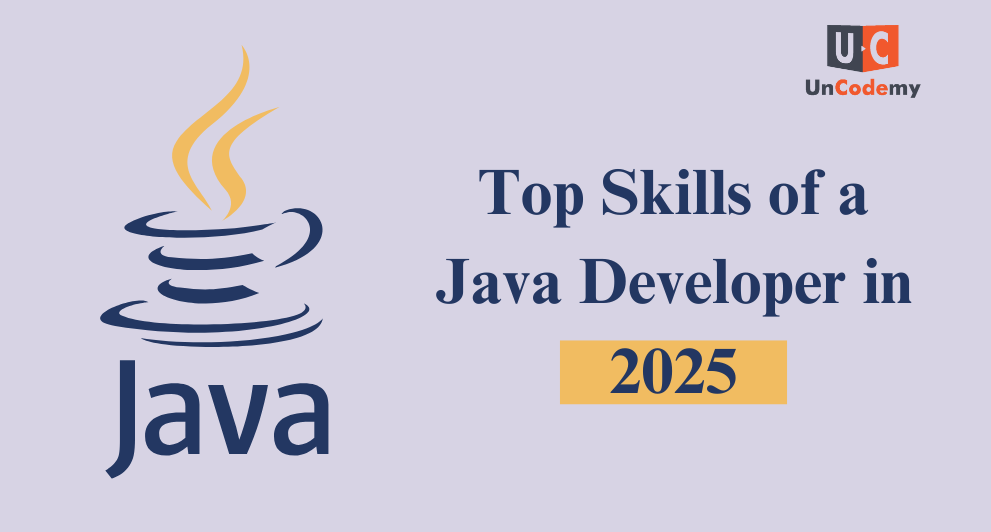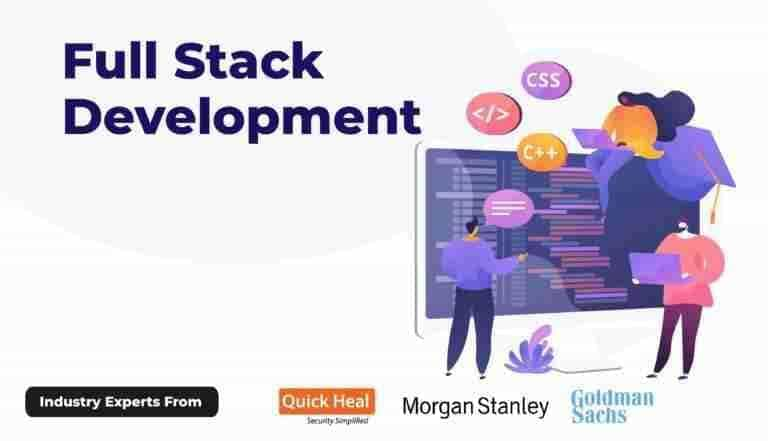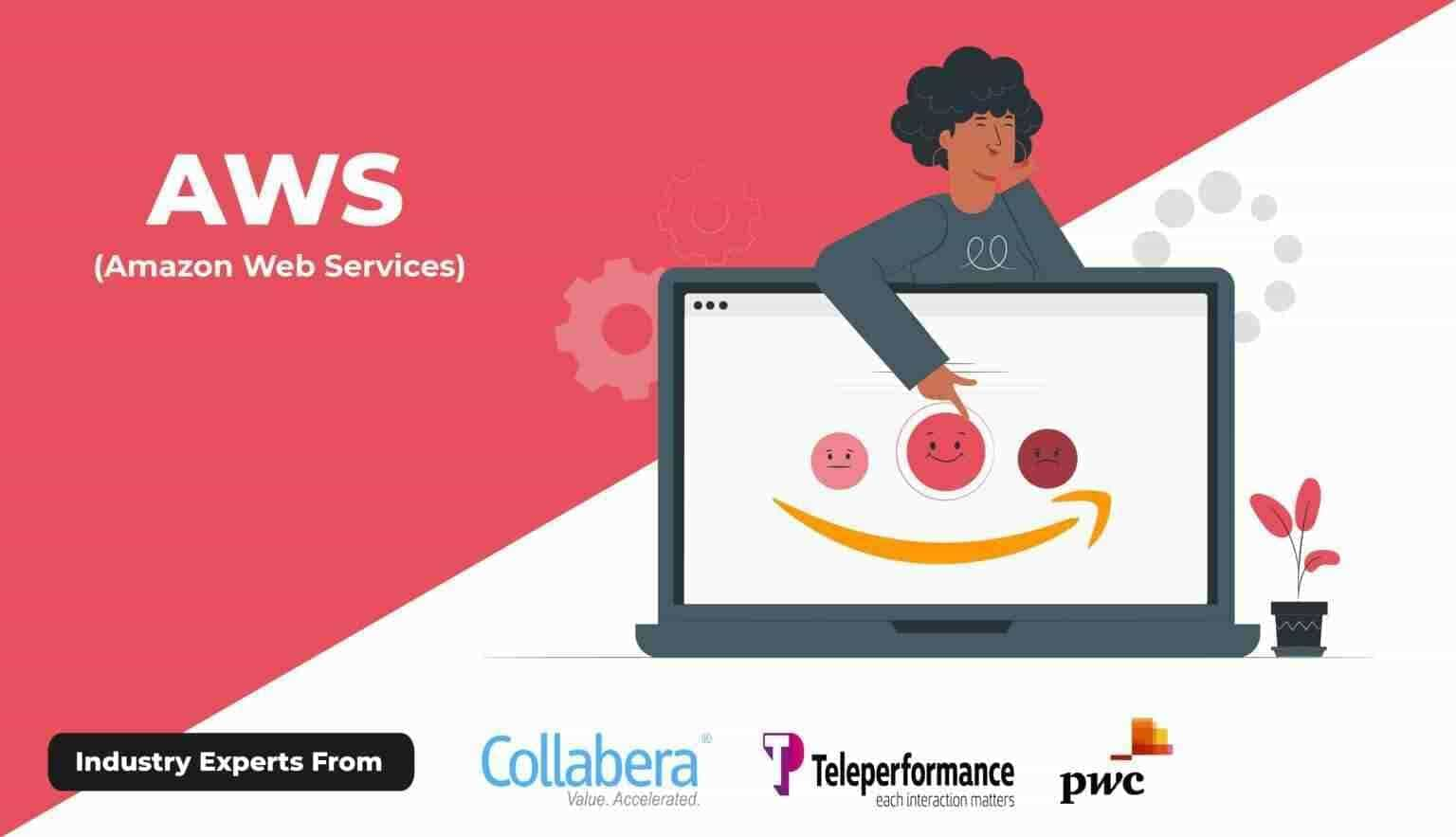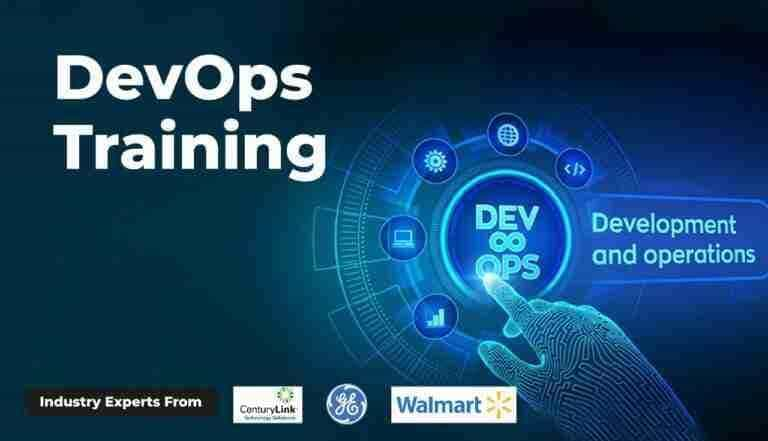Top Skills of a Java Developer in 2025

- Java Developer java skills
“Opportunities don’t happen; you create them.” By mastering these skills, you’ll open doors to exciting roles and impactful projects.
Who is a Java Developer?
A Java Developer designs and develops applications using the Java programming language. They are the architects behind robust web applications, dynamic websites, and sophisticated backend systems. Collaborating with software development teams, they ensure that the applications are efficient, secure, and user-friendly.
In addition to coding, a Java Developer troubleshoots issues, tests applications, and stays updated with the latest trends. A bachelor’s degree in computer science, professional certifications, or impressive project work can be your gateway to this rewarding career.
Why Java?

Java has held its place as one of the most popular programming languages for decades. Its platform independence, robust ecosystem, and versatility make it a go-to choice for applications ranging from gaming consoles to scientific supercomputers. Want to get in top 10 best Java Developers you can consider Uncodemy’s Java training in noida and will learn the following skills which makes you the best Java Developer.
Without further ado, let’s dive into the top skills every Java Developer should master in 2025:
- Strong Foundation in the Java Ecosystem:
The Java ecosystem is the backbone of any Java-based application. It consists of three core components:
- Java Virtual Machine (JVM): Executes Java bytecode, manages memory, and ensures optimal performance.
- Java Runtime Environment (JRE): Acts as the bridge between Java applications and the operating system, providing necessary libraries and tools.
- Java Development Kit (JDK): A complete package with tools, libraries, and the JVM for developers to write, debug, and run Java programs.
Understanding these components allows developers to create seamless, platform-independent applications.
- Object-Oriented Programming (OOP) Concepts:
“Great programming is a craft, and OOP is the brush.”
Java thrives on OOP principles:
- Encapsulation: Wrapping data and methods into a single unit.
- Inheritance: Reusing and extending code functionality.
- Polymorphism: Writing flexible and reusable code.
- Abstraction: Hiding complex details while showcasing essential features.
Mastering these concepts will set a strong foundation for any developer.
- Mastery of Java Frameworks:
Frameworks simplify coding by providing pre-written code, tools, and libraries. The most popular Java frameworks include:
- Spring Framework: For building robust backend systems.
- Hibernate: For seamless database integration.
- Struts: For developing enterprise-level web applications.
Each framework is a goldmine of features. Choose the one that aligns with your project’s goals.
- Database Connectivity:
Data is the new gold, and managing it efficiently is key. Java Database Connectivity (JDBC) enables developers to interact with databases seamlessly. Familiarity with popular databases like MySQL, PostgreSQL, or MongoDB is a must.
Additionally, learning tools like Hibernate ORM for object-relational mapping can be a game-changer.
- Understanding Concurrency in Java:
Concurrency allows programs to run multiple tasks simultaneously. Java’s multithreading capabilities make it a powerful tool for creating high-performance applications. Concepts like thread lifecycle, synchronization, and thread-safe design patterns are essential.
“In a world of multitasking, mastering concurrency is not an option – it’s a necessity.”
- Familiarity with Java GUI Frameworks:
User-friendly interfaces can make or break an application. Learning GUI frameworks like Swing, JavaFX, and AWT can help you design interactive and visually appealing applications.
- Java Server Pages (JSP) and Servlets:
JSP and Servlets form the foundation of Java-based web development. They enable dynamic content generation, server-side scripting, and seamless client-server interaction. A solid grasp of these concepts ensures efficient web application development.
- Proficiency in Exception Handling:
Nobody likes errors disrupting a program’s flow. Exception handling allows you to catch and manage runtime errors gracefully. Learn the five pillars of Java exception handling:
- try
- catch
- throw
- throws
- finally
Mastering these ensures your applications run smoothly under all circumstances.
- Version Control Systems:
Collaboration is the heart of modern development. Tools like Git and platforms like GitHub enable version control, ensuring teamwork is seamless and efficient. Familiarity with these tools is a must-have skill for any Java developer.
- Testing Skills:
“Code without testing is like a ship without a compass.”
Tools like JUnit, Mockito, and Selenium enable developers to perform unit testing, integration testing, and functional testing. These tools ensure your code is reliable and bug-free.
- Build Automation Tools:
Build automation tools streamline development by automating repetitive tasks. Familiarity with tools like Maven, Gradle, and Ant is crucial for efficient project management.
- Knowledge of Cloud Computing:
Cloud platforms like AWS, Azure, and Google Cloud have become integral to application deployment. Learning cloud integration, microservices, and containerization (with tools like Docker and Kubernetes) adds another feather to your cap.
- Soft Skills:
Beyond technical expertise in Java, soft skills like communication, teamwork, and problem-solving are invaluable. As a Java Developer, you’ll often collaborate with cross-functional teams, making these skills a must-have.
- Continuous Learning Attitude:
The tech world is ever-changing. Stay curious and keep learning to remain ahead of the curve. Certifications, online courses, and community forums can help you stay updated.
Conclusion
Becoming a successful Java Developer in 2025 isn’t just about writing code; it’s about mastering a diverse set of skills and embracing a mindset of growth. From understanding the Java ecosystem to mastering frameworks, concurrency, and cloud computing, every skill adds to your arsenal.
As they say, “The future belongs to those who prepare for it today.” So, gear up, start learning, and pave your way to a thriving career in Java development!



























